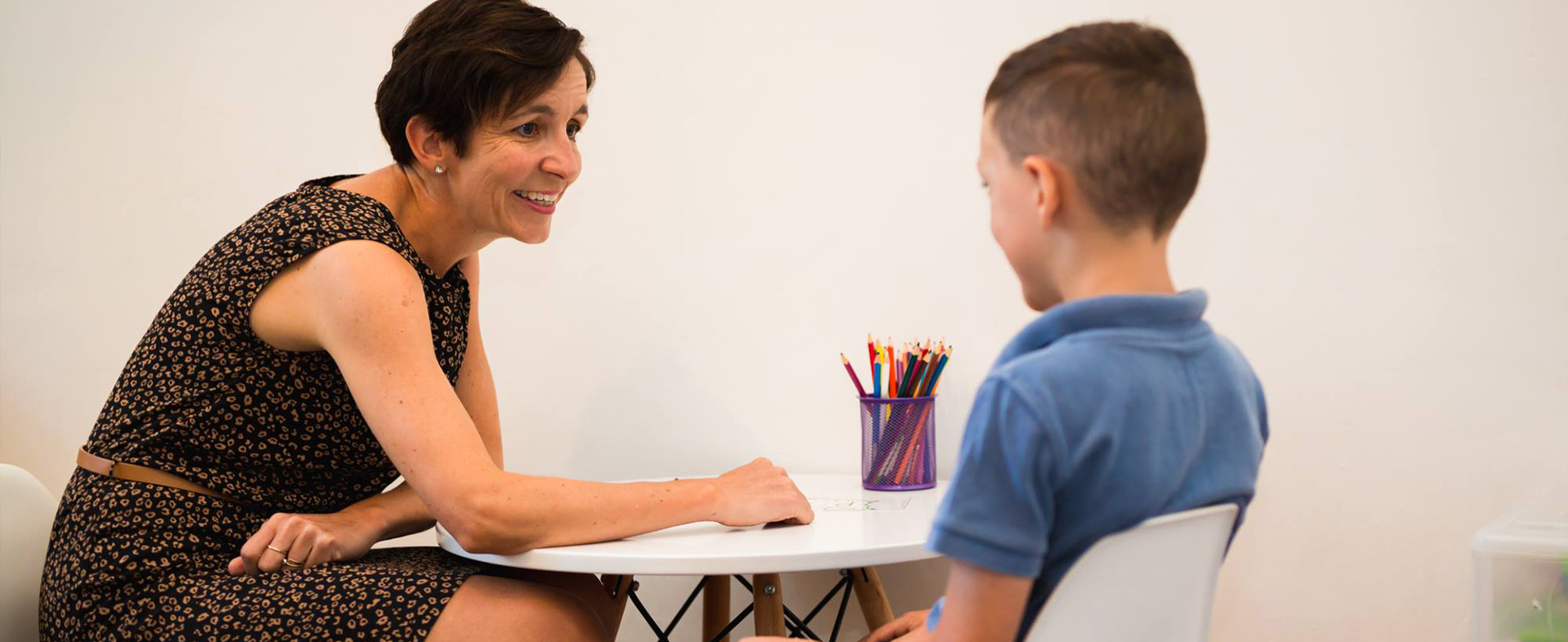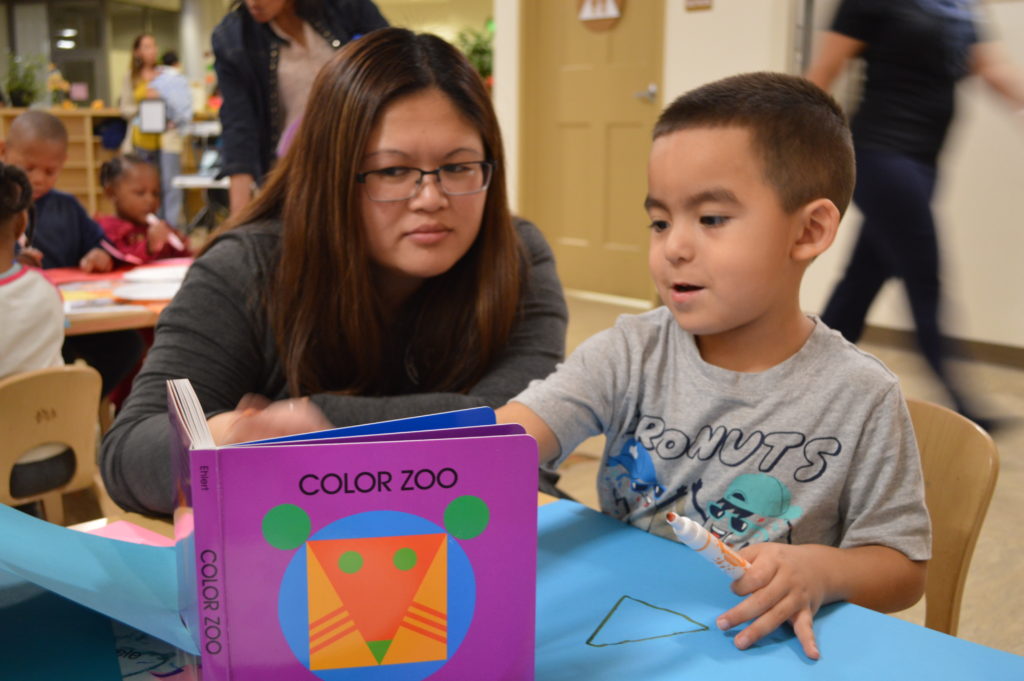‘Comfortable’ is not always best for us….or our children!
Most of us like operating within our comfort zone.
The comfort zone is a cozy space where we feel safe and familiar. While it provides a sense of security, staying within its confines is not necessarily good for us. In the short term it can give us that dopamine hit that feels lovely but it doesn’t always serve our long term goals well to always choose what is comfortable.
This is true in many areas of our life.
Choosing the most comfortable, cushioned running shoes doesn’t tend to result in strong feet that can walk along a beach easily when you are older.
Choosing to lie on the lounge to watch TV of an evening is rarely as good for us as going to bed that little bit earlier.
We are told that choosing to sit rather than stand doesn’t support our long term health and posture.
Choosing the less healthy food options can feel great in the moment but not so great if we do this for a lifetime.
Both children and adults can fall into this trap; fearing change and avoiding new experiences. No one likes to be uncomfortable so we naturally tend to avoid putting ourselves into these situations.
As parents, we rarely want to see our children experience tricky emotions when out of their comfort zone as we ourselves know how challenging this can be. It is essential however that we recognise that true growth and learning occurs when we stretch ourselves beyond the boundaries of our comfort zone. This is true not only for us but for our children.
For children who need to learn new speech and language skills, the capacity to move beyond their comfort zone is often required. When working with younger children, we can often weave facilitation of their development into play and everyday routines. Children may not even realise that this is ‘intervention’ when adults do this well. However, as children get that little bit older and move into their preschool years, speech therapy often requires repetitive practice and speech drills in order to change existing speech patterns and encourage new skills to develop.
Learning new speech sounds can be difficult for children as can learning new concepts at school or learning to read and spell. It can feel uncomfortable when learning new skills. This inevitably requires us to support our children to stretch beyond their comfort zones.
We all react differently when we feel uncomfortable. If children can be supported to process rather than avoid these emotions then we are much more likely to see steady progress towards achieving therapy goals as well as the development of other important skills that will set your child up for a lifetime.
The Power of Taking Risks
Trying to do something that feels difficult involves taking a risk. A risk that many children find difficult to take is that of risking failure but needing to try multiple times before achieving a goal helps children to learn resilience and problem-solving abilities Developing the confidence to face challenges head-on is a skill that will certainly […]







